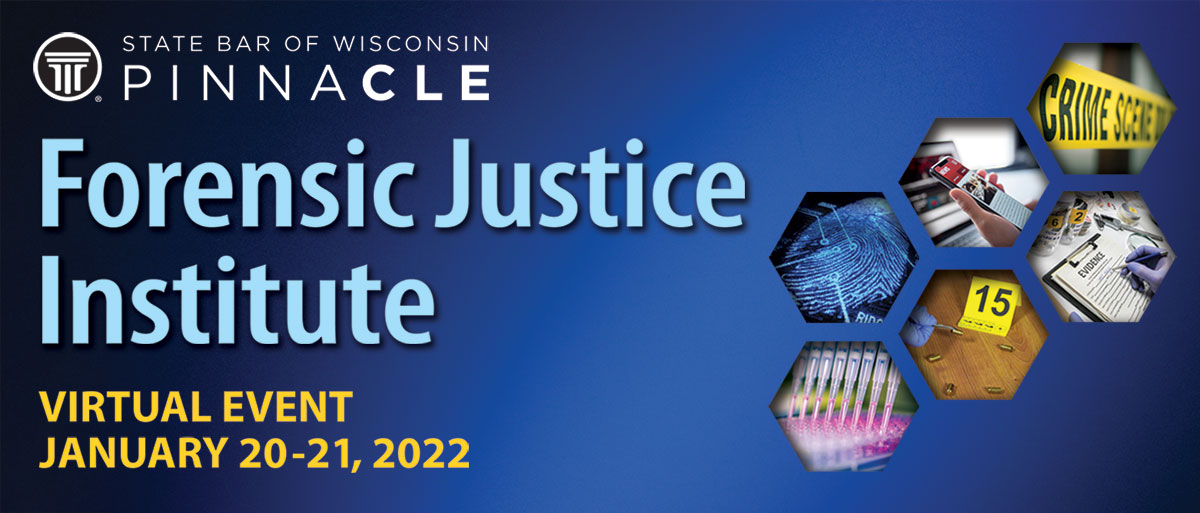Dave Thompson and the company he helms, WZ, train police in non-confrontational interview techniques – techniques that Thompson says are vital to avoiding false confessions.
One common interview tactic that Thompson eschews is lying to an interviewee about the existence of evidence that ties him or her to the crime.
The U.S. Supreme Court approved the use of the technique 52 years ago. But Thompson said it’s a bad practice because it leads interviewees to doubt their own memories.
“A person actually has memory distrust and thinks, ‘If they’re telling me I did it… the evidence is stating I did it, maybe I did blackout,’ and that is terrifying. People leave the interview actually thinking maybe they did really do it.”
Thompson recently joined criminal justice reform advocates in successfully lobbying for the passage of laws that ban the practice for juvenile interviews in Illinois and Oregon.
Thompson said that police sometimes use flawed interrogation techniques because they’ve been trained to do so.
”They’ve been trained for decades that you’re allowed to lie about evidence. That’s how they’re trained, so that’s how they’re going to execute.”
Confirmation bias is another factor in false confessions, Thompson said. It’s often responsible for “putting the wrong person in front of the detective long before any coercion happens.”
“When an investigator has a presumption of guilt regarding the person in front of them, the investigator changes their behavior. The line of questioning changes and becomes more coercive.”
Thompson will present on the dangers of false confessions at the
Forensic Justice Institute on Jan. 20-21, 2022.

Advancements in technology and testing have created an explosion of new resources for investigators, prosecutors, and defense counsel. But, misapplication and misunderstanding of those advancements can lead to devastating outcomes in the criminal justice system. That, along with new scrutiny of sciences that have been used in courtrooms for many years have raised questions that cannot be ignored. Designed with legal professionals in mind, the
Forensic Justice Institute is a premier virtual event that puts the scientific evidence used in court under the microscope.
Together with the Center for Integrity in Forensic Sciences (CIFS), we've gathered renowned experts in forensics and nationally known speakers to present an unbiased look at the current scientific methods and results often submitted as evidence. Understand the reliability of the methods utilized so you can ensure your next criminal case contains science facts – not science fiction, and improves the use of forensic science in the criminal justice system.
Topics covered will include:
- Firearm analysis
- DNA analysis
- Digital forensics
- Forensic bias in interrogations
- Crime lab trends
- And more!
11.5 CLE/1.5 EPR
Register at
forensicjusticeinstitute.org
